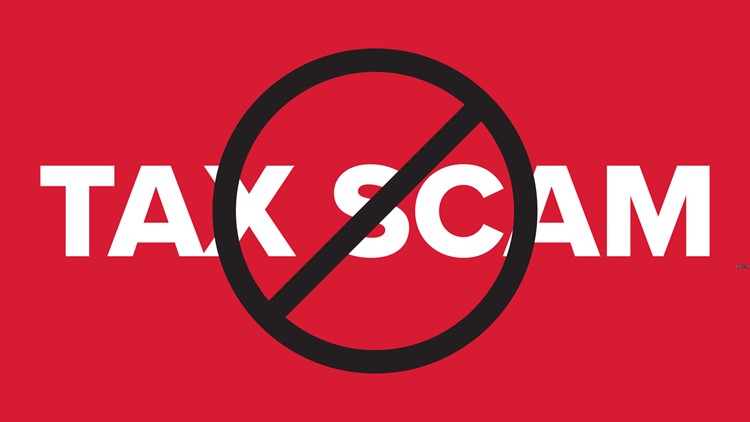LIVE OAK, Texas — (Sponsored Content from Randolph-Brooks Federal Credit Union)
Taxes are unavoidable, but tax scams are not. As we head into tax season, RBFCU wants to help the public spot any of the "Dirty Dozen" tax scams listed on the IRS website, especially those that prey on average tax filers.
"Knowledge is half the battle when it comes to fighting all scams, so we want to make sure everyone can start the new year with these tips and avoid becoming a victim,” says Brian Munsterteiger, RBFCU Vice President of Fraud Management.
While you can find the complete list of "Dirty Dozen" scams on the IRS website, here are some quick highlights that could be particularly helpful this tax season, based on what RBFCU Fraud Team experts have detected in our area during 2023:
• Impersonation: Impersonation scams can take many forms but usually occur through an unsolicited text, phone call or email, threatening the victim with dire consequences like legal action or arrest if they do not immediately pay the IRS.
• Tip: The IRS will never reach out by phone and won't create fear with urgent threats. IRS notices will always be mailed to the filer directly, and the IRS will never demand real-time payments — especially through unconventional methods like gift cards or a mobile payment service or cryptocurrency.
• Fraudulent return preparers: Individuals who work with a tax preparer should be vigilant. There are cases where people who identify themselves as tax preparers turn out to be scammer, and people who file returns through these services can unwittingly be accused of committing fraud or some criminal activity themselves.
• Tip: ConsumerReports.org suggests checking the IRS’ Directory of Federal Tax Return Preparers. The American Institute of Certified Public Accountants helps consumers find a licensed CPA; it also can help consumers find local CPAs. Look for an Enrolled Agent (EA) through the National Association of Enrolled Agents.
Additionally, RBFCU recommends that people set up their tax-refund checks to be received via secure direct deposit. It's much easier for paper checks to fall into a fraudster's hands through loss, mailbox theft or delivery to an incorrect address.
Remember, when you spot a scam, you can also help stop a scam. Knowing the most common scams and how to report them is critical.
RBFCU urges individuals to use these resources when reporting a scam:
Internal Revenue Service (IRS) can be contacted for all tax scams via this email: phishing@IRS.gov
Treasury Inspector General, (TIGTA): https://www.tigta.gov/
Federal Trade Commission: https://reportfraud.ftc.gov/#/?orgcode=IRS
FBI Internet Crimes: https://www.ic3.gov/
For additional information on tax scams, and all scam information, please contact Victoria Young at vyoung@rbfcu.org. RBFCU also has fraud experts available for interviews.
(Sponsored Content from Randolph-Brooks Federal Credit Union)



